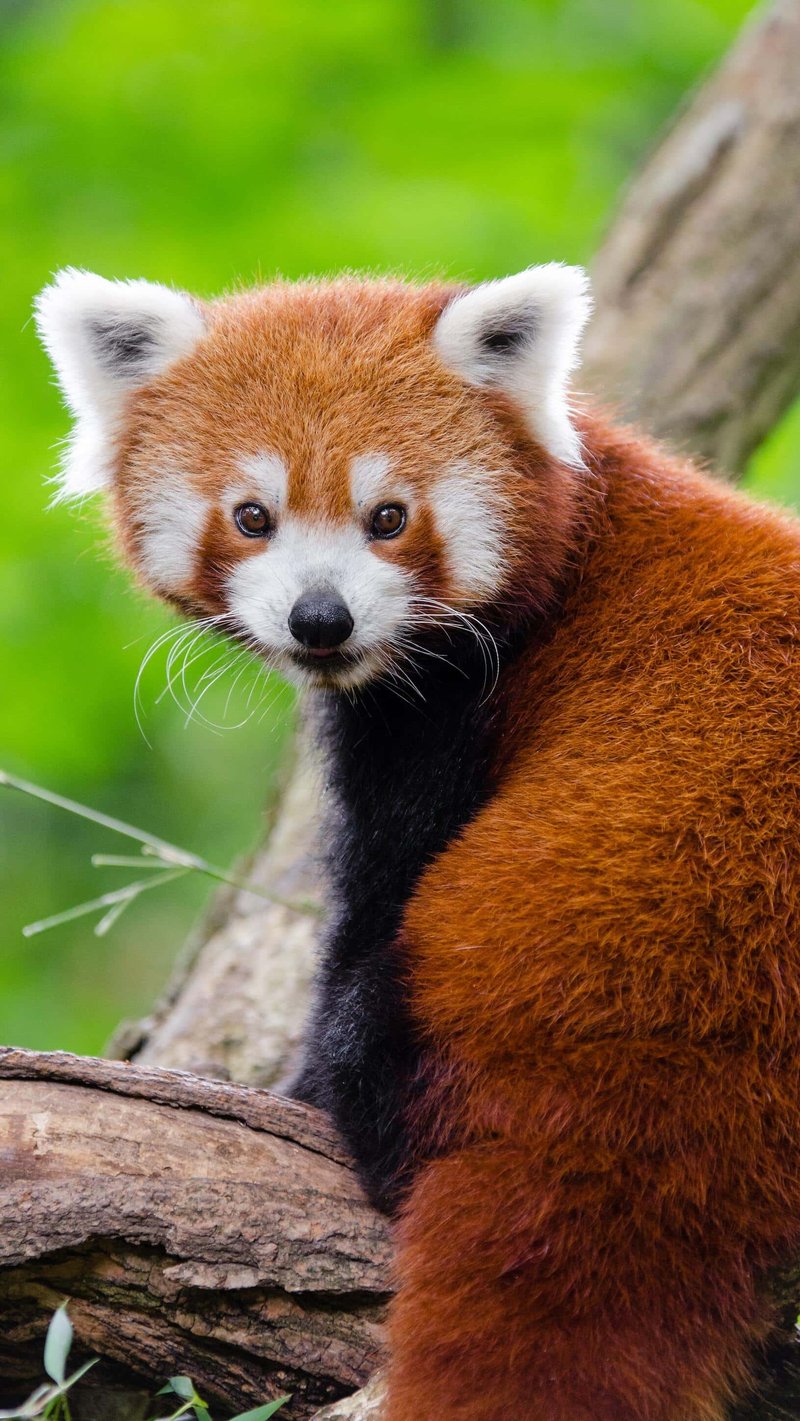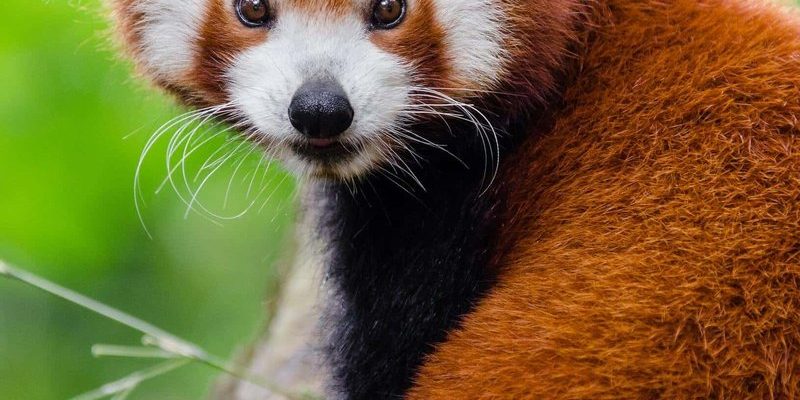
So, what exactly are wolf worms, and how do they affect the animals infested with them? In this article, we’ll journey through the world of parasitism, explore why these changes happen, and understand the broader implications for the wildlife involved. Grab your favorite mug and let’s dive in!
What Are Wolf Worms?
First off, let’s clarify what wolf worms are. These are the larval forms of the bot fly, a type of parasitic insect. If you picture a tiny, wriggling creature burrowing into the skin of its host, you’re on the right track. Wolf worms, particularly associated with mammals like wolves and other canids, lay their eggs on the skin or in the fur. Once the eggs hatch, the larvae make their way into the body, often causing distress to the host animal.
The presence of wolf worms can lead to various physical symptoms. Animals might develop swelling or irritation at the site of infestation, and they may exhibit abnormal behavior. This behavior can range from increased agitation to lethargy, depending on the severity of the infestation. It’s almost like having a constant itch you can’t scratch—pretty uncomfortable!
Behavioral Changes Induced by Infestation
You might be wondering, how exactly do wolf worms change animal behavior? Well, it’s a fascinating interplay between physiology and psychology. The *presence of the larvae can cause pain and discomfort*, making the animal more irritable. It’s not just an itch; think of it as a persistent, annoying distraction that pulls their attention away from their usual activities like hunting or socializing.
For example, a wolf infested with these worms may avoid its pack and isolation can have dire consequences. Wolves are social creatures; they rely heavily on their group for hunting and protection. Thus, any such behavioral change affects not only the afflicted animal but the entire pack. You might see them become withdrawn, losing their typical confidence and assertiveness.
Increased Aggression and Agitation
Another alarming behavior change is increased aggression. As the animal deals with discomfort and pain, it might lash out more easily. Think about a dog that’s hurt; it might snap when someone tries to pet it, even if it normally loves attention. In the wild, this could mean a wolf becoming more aggressive towards other pack members or potential threats.
This aggressive behavior can create rifts within the pack, making it hard for the group to function normally. The dynamics of social animals are delicate, and infestations can disrupt their intricate relationships. As the odds of aggression rise, it can lead to fights or further isolation, creating a vicious cycle.
Loss of Hunting Skills and Energy
Another significant impact of wolf worm infestation is the loss of hunting skills. Infested animals are often lethargic and unwilling to hunt, which is crucial for survival in the wild. The energy they might have spent chasing after prey is now diverted to coping with their infestation.
Imagine frequently feeling winded or exhausted from something as simple as walking down the block. That’s what these animals endure, making it nearly impossible to catch food. If a wolf can’t hunt, it’s at risk of starving, which can lead to even greater issues for their pack. This decline in hunting ability reflects changes in not just the individual, but the entire ecosystem as well.
Impact on Reproduction
Let’s not forget about the impact on reproduction. Stress from the infestation can lower reproductive success in affected animals. If a wolf is busy battling discomfort, it might not focus on finding a mate. This can lead to fewer pups being born, ultimately impacting the population over time.
In groups where survival and reproduction are crucial, one infested animal can ripple through the pack. You may start seeing fewer new members, which could threaten the long-term viability of a population. This makes the wolf worm a significant player in the balance of their natural habitats.
Ecological Implications
The consequences of wolf worm infestations extend beyond individual animals; they have a profound effect on the entire ecosystem. When a key species like wolves faces challenges, it can alter the dynamics within their habitat. For instance, if wolves are unable to control herbivore populations due to lowered hunting efficiency, we could see an explosion of prey species, leading to overgrazing and habitat destruction.
Here’s the thing: healthy predator populations help maintain balance in the ecosystem, creating a harmonious environment. If wolf worms are leading to a decline in wolf populations, the knock-on effects can pose serious threats to biodiversity.
Wildlife Management and Conservation Efforts
Understanding these behavioral changes caused by wolf worm infestations is vital for wildlife management and conservation efforts. By monitoring affected populations and implementing health interventions, conservationists can help mitigate the impacts. This could range from conducting clinical assessments to rehabilitating affected animals.
In some areas, researchers are investigating methods to control the bot fly’s population. Strategies such as habitat monitoring and public awareness campaigns can make a difference in reducing infestations. Every small effort counts!
In summary, wolf worm infestations have a profound impact on animal behavior that can ripple through the ecosystem. From increased aggression to hunting difficulties and reproductive challenges, these parasites teach us about the delicate balance in nature.
By understanding the implications of wolf worms, we can take steps toward more sustainable wildlife management practices. It starts with awareness, and given the role of predators like wolves, protecting them is crucial for maintaining biodiversity. Just like any uninvited guest, wolf worms remind us that sometimes the smallest things can have the biggest effects on our world.

